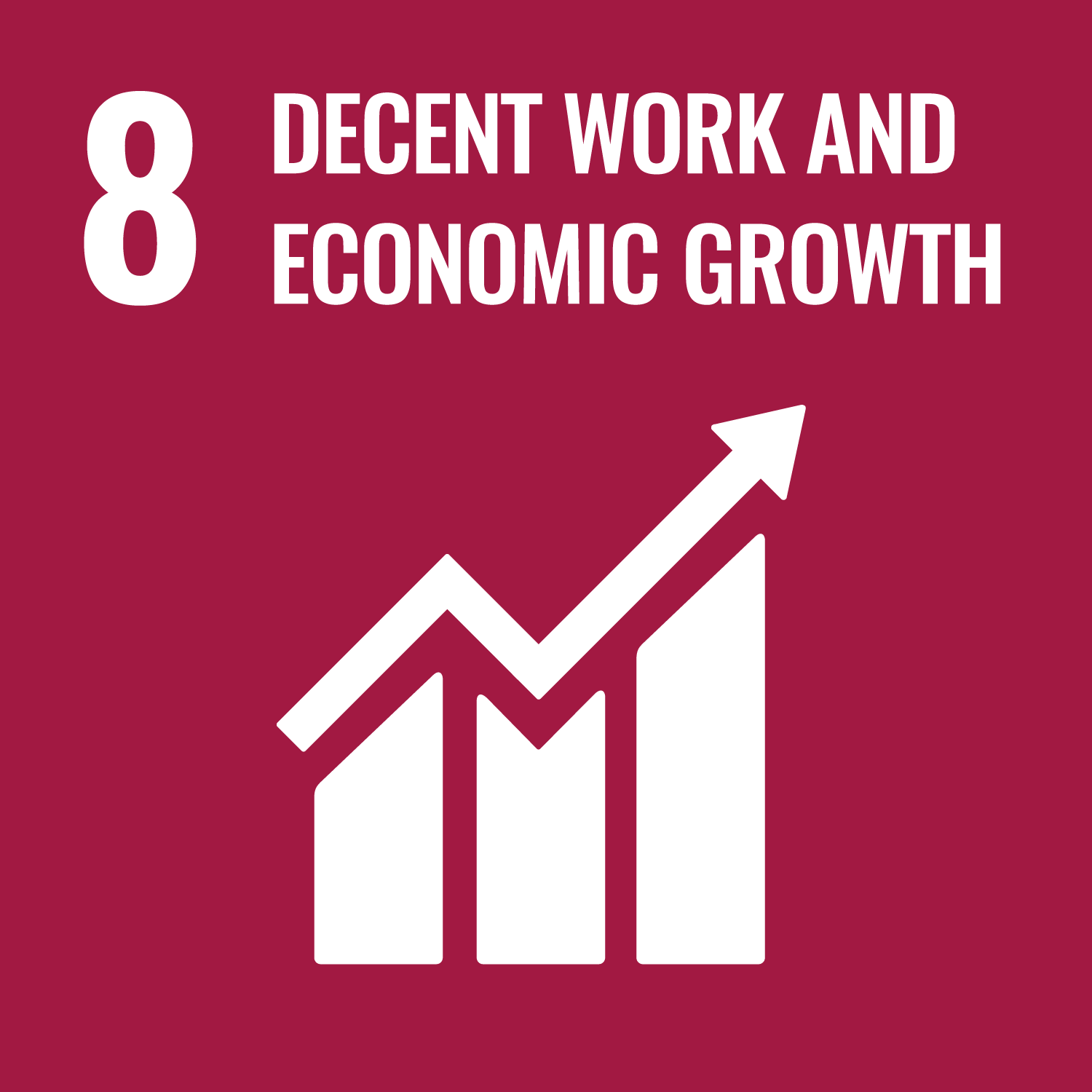SDG Detail
ECON 341 : International Trade
Undergraduate courseProject description
This is a one semester course in international trade, theory and policy. The course will aim to explain patterns of world production and trade and ask if international trade is beneficial. This will be done with the help of models from international trade theory that are important components of the toolkit of contemporary trade economists. The course will also explore the phenomena of outsourcing and international mobility of labour (immigration) and capital (Foreign Direct Investment (FDI)). The course will analyse and compare instruments of trade policy and evaluate their impact on domestic and international welfare. Finally, the course will study the world trading system, including the World Trade Organization (WTO) and international trade agreements
Project aims
?
Project outcome
Explain the major models of international trade and compare and contrast them. (Capability 1 and 2) Analyse the linkages between trade, labour and capital movements, international fragmentation of production, economic well-being and the income distribution using trade models. (Capability 5.2 and 6) Apply equilibrium models to analyse and evaluate the economic effects of policy interventions such as tariffs, quotas, export subsidies, anti-dumping duties, countervailing duties and the creation of preferential trading agreements on economic well-being, performance and competitiveness. (Capability 3, 4.2 and 5.1) Identify major recent developments in the world trading system and comment critically on their effects on individual economies and on the wider international community. (Capability 1) Communicate how international trade models explain patterns of trade and its distributional impacts on society. (Capability 4.1 and 6)
Related SDGs
The corresponding sustainable development goals correlated with this project. You you click the icon to link to SDG category description page.









